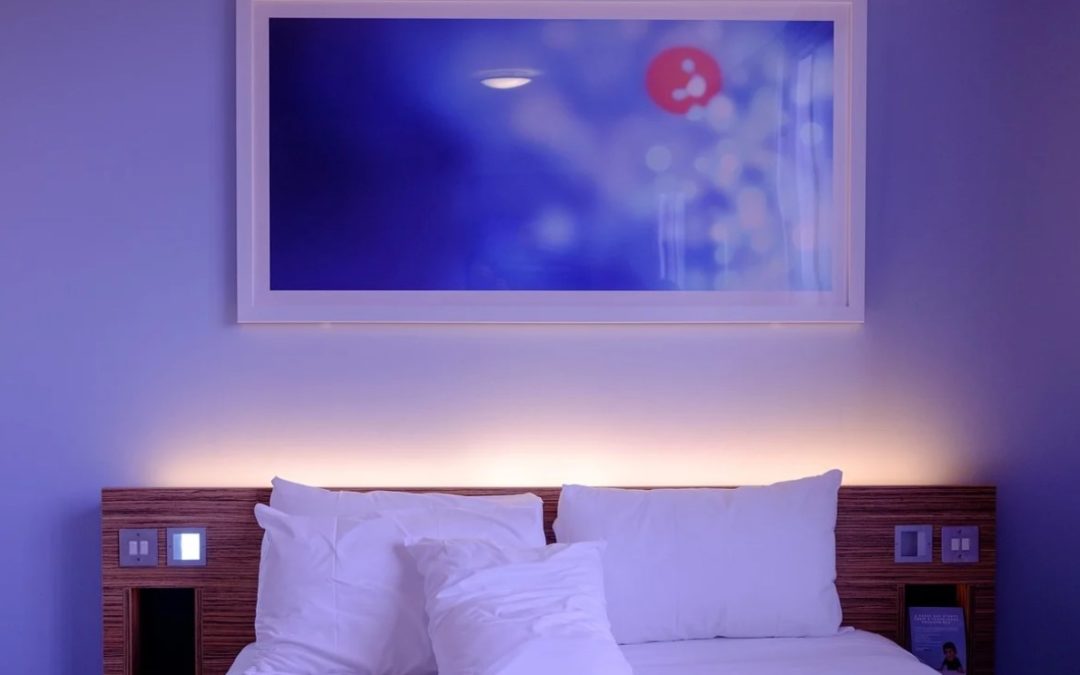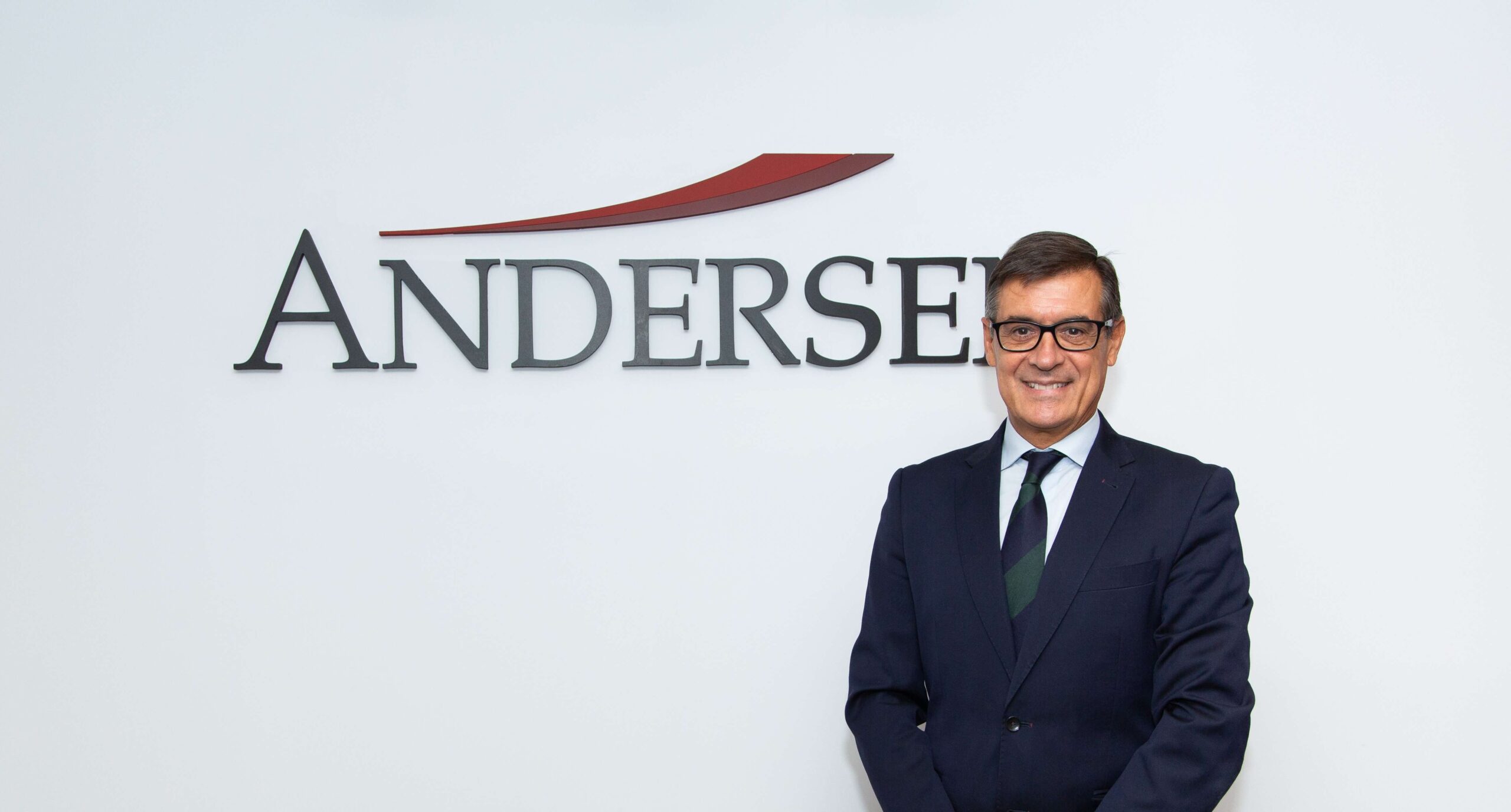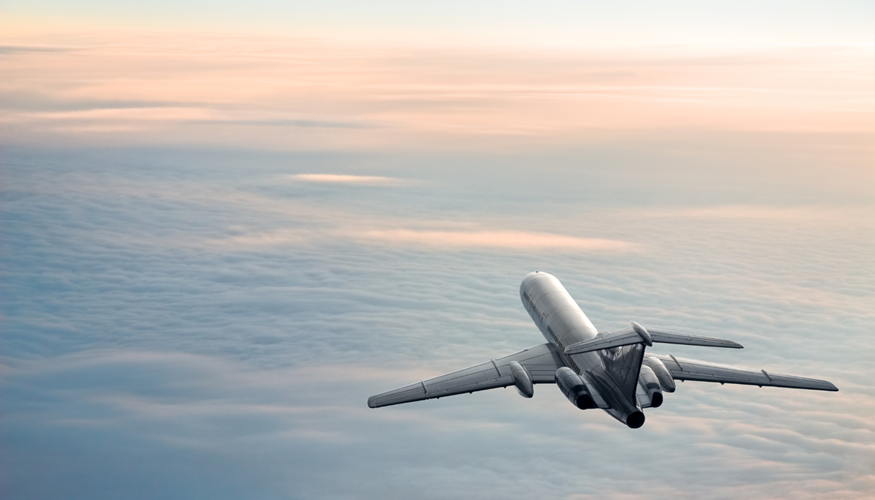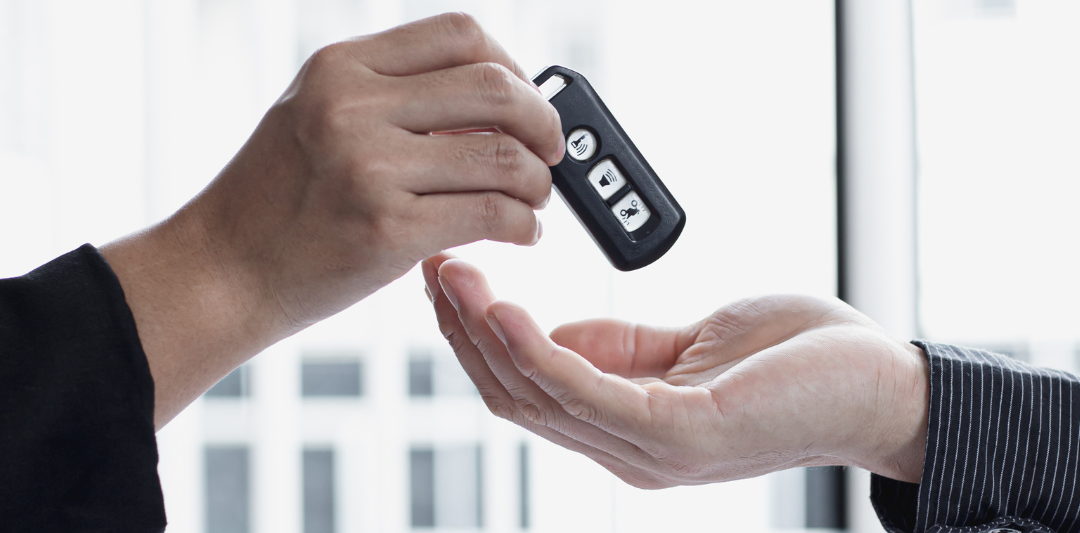Tras adelantar en su última oleada del Barómetro Turístico que los destinos españoles ofrecían un alto nivel de seguridad sanitaria para el viajero (7,7), Braintrust ha realizado un nuevo análisis del nivel de seguridad percibida por el viajero en otros dos componentes clave dentro del viaje: el medio de trasporte y el tipo de alojamiento.
Cambios en los elementos del viaje a causa del COVID-19
Muchos son los cambios que la crisis sanitaria provocada por el COVID-19 ha traído a nuestro día a día. Nos hemos tenido que adaptar a una nueva manera de relacionarnos, de comprar, de trabajar y por supuesto de viajar.
Según los datos de la nueva oleada del Barómetro Turístico de Braintrust, los españoles declaran que los elementos del viaje que más van a cambiar a raíz de la crisis sanitaria serán los destinos (53 por ciento) y tipo de viaje (43 por ciento) seguidos de los medios de transporte y tipo de alojamiento (40 por ciento).
Además, estos turistas cuya forma de viajar se va a ver afectada por la pandemia van a preferir destinos con menos aglomeraciones (68 por ciento) y menos riesgo sanitario (65 por ciento); tipos de viaje relacionados con naturaleza y montaña (93 por ciento); alojamientos rurales (84 por ciento) y hoteles pequeños (73 por ciento); y como forma de desplazarse, el coche propio (96 por ciento). Las cifras reafirman lo evidente, el viajero busca principalmente sentirse seguro frente al contagio y no solo en destino, sino también en el lugar donde se aloja, en el medio en el que viaja, los restaurantes que visita, etc.
Ángel García Butragueño, co-director del Barómetro Turístico Braintrust y responsable de Turismo y Ocio recalca: “Resulta de vital importancia aprovechar las potenciales oportunidades que trae la crisis, el viajero va a experimentar cambios en su forma de viajar, va a escoger destinos diferentes, formas de moverse distintas y sitios donde alojarse en los que no se lo habían planteado hasta ahora, aquellos que sean capaces de adaptarse al nuevo viajero post-COVID, que está deseando volver a viajar pero con las medidas de seguridad adecuadas, serán capaces de atraer nuevos clientes y fidelizarlos incluso hasta después de superada la crisis”.
Los alojamientos turísticos son seguros según el viajero español
Cuidar cada uno de los elementos de la cadena de valor es clave para mantener a flote el sector turístico y garantizar la seguridad en los mismos, se ha convertido en su principal prioridad. Una gran parte de la experiencia del viajero depende del sector del alojamiento, por ello los hoteles, las casas rurales, apartamentos, etc. han tenido que ponerse manos a la obra e implantar todo tipo de medidas que garanticen la seguridad de sus huéspedes.
Según los datos aportados por Braintrust en su Barómetro Turístico, en este sentido, los alojamientos españoles han aprobado el examen con buena nota.

En un análisis de la experiencia vivida por los viajeros en los alojamientos visitados, Braintrust ha medido las tres principales variables sobre las que más se ha tenido que trabajar a raíz de la crisis del COVID-19 para asegurar una estancia satisfactoria en sus establecimientos. Por un lado, el nivel de seguridad sanitaria de los alojamientos ha sido calificada por los turistas con un 7,9, mientras que la higiene se puntúa con un 8,3 y el control de aforos con un 7,6.
Midiendo esta experiencia por tipo de alojamiento, el mayor nivel de seguridad sanitaria lo han percibido los visitantes de hoteles de playa y hoteles pequeños (8,1). En cuanto a la higiene, encontramos como mejor valorados de nuevo los pequeños establecimientos y también los hoteles rurales (8,5) así como los hoteles de playa (8,4). Y, por último, el mayor control de aforos, que garantiza la distancia social, la han llevado a cabo los hoteles tanto urbanos (7,9) como de playa (7,8).
Los viajeros españoles también se sienten seguros durante sus desplazamientos
Braintrust ha llevado a cabo la misma medición de la experiencia del viajero al nivel de medios de transporte, y al igual que ocurre con los alojamientos, han sido muy bien valorados por el turista.

La seguridad sanitaria en los medios en que los turistas se desplazan a los destinos vacacionales se puntúa con un 7,3, mientras que la higiene obtiene un 7,6 y el control de aforos un 6,8.
Haciendo foco en los distintos medios, encontramos que tanto el tren como el autobús obtienen las mejores calificaciones tanto en seguridad sanitaria (7,6 y 8,0 respectivamente) como en higiene (7,8 y 7,9) y también en el control de aforos (7,1 y 7,5). Por su parte, las aerolíneas tradicionales y también las low-cost son las que mayor recorrido de mejora presentan.
Para José Manuel Brell, co-director del Barómetro Turístico Braintrust y Socio responsable de estudios y modelos cuantitativos: “La pandemia estará con nosotros un tiempo razonable, por lo que adaptar la oferta a las necesidades sanitarias será muy valorado por los viajeros, que quieren seguir viajando. En ese sentido medir la Experiencia de Cliente se ha convertido en una prioridad, más si cabe que en los tiempos anteriores al COVID 19, y esa es nuestra recomendación al sector, medir y comunicar la percepción de los viajeros para seguir creando confianza, factor clave para la reactivación de la industria”.









